 Jamie Carragher next to a photo of Liverpool's homegrown youth from the 90s, including himself. Photo: John Super < p>There are obvious qualities required for a young footballer to impress an elite manager like Jurgen Klopp.
Jamie Carragher next to a photo of Liverpool's homegrown youth from the 90s, including himself. Photo: John Super < p>There are obvious qualities required for a young footballer to impress an elite manager like Jurgen Klopp.
No one can play regularly for a Premier League club like Liverpool , without talent, temperament, courage and athleticism.
p>
But during an in-depth discussion with Liverpool's academy director Alex Inglethorpe, he highlights a critical asset that explains why the club's quadruple bid is being accompanied by a golden era of youth development.
«Character,» he says.
“What makes me especially proud is that during Jurgen's tenure here, no one has failed because of their character.”
I ask Inglethorpe to clarify the details.< /p>
“You work here for 10 years to get an audition for the head coach of the team,” he explains.
«If you don't want to impress, do it because you're not quite at the level you're at.» on the football field. It would be stupid to fail because of bad decisions made about the car you drive, the watch you wear, the sneakers you wear.
“Jurgen is passionate about everything. If a child came to the main team training with a 10 km watch, he would see this. So do the older players. Tell me, what would you think?”
«If the senior players think you're great Charlie, the first thing they'll do is give you a workout to teach you a lesson!» I offer.
Inglethorpe nods.
 Alex Inglethorpe talks to Jurgen Klopp at Liverpool&# 39; Academy s. Photo: Getty Images/Nick Taylor
Alex Inglethorpe talks to Jurgen Klopp at Liverpool&# 39; Academy s. Photo: Getty Images/Nick Taylor
At Liverpool, this character test went beyond advice. Inglethorpe told me that in addition to the academy's £50,000-a-year salary cap, under his leadership — now in its 10th year — a «motor clause» was introduced limiting engine capacity to 1.3 liters, warning of the danger too too soon.
“It's a safety issue, like everything else,” he says.
“I don't need boys who just passed an exam with these big pieces of metal, but I'm also tired of seeing a parking lot full of Range Rovers. If someone shows up with one of these, they'll park it nearby.
“We have a pretty old-fashioned pay structure. We give them jobs. We order them to turn in the phone at 8:30 am and return it before they go home.
“You were an experienced player. You know how it is when a young player walks into the dressing room. You want respect for the path. They have to deserve what comes their way in the first place. Everything else will be fine later. To achieve this, you need to do it on the pitch.»
 Inglethorpe gives instructions to academy player Ranel Young Photo: Getty Images/Nick Taylor
Inglethorpe gives instructions to academy player Ranel Young Photo: Getty Images/Nick Taylor
Alex speaks my language, evoking memories of legendary boot coach Ronnie Moran greeting new recruits at first-team training at Melwood with the message: «We're doing this.» I don't want any big heads here.»
«Trent [Alexander-Arnold] is a really good example,» says Inglethorpe.
“When you get into the senior team, the best thing you can do is have senior players who will be your defenders. Trent didn't see the flash. I remember him driving the same car for many years. He will wear the same tracksuit. Once he took the step forward, Jordan Henderson, Adam Lallana and James Milner spent time and energy to help him. It was the same with Curtis [Jones].
“That baton has now been passed to Trent, the vice-captain, ensuring that the next one in line will have the same characteristics.”
 Trent Alexander-Arnold rose through the ranks to become vice-captain. Photo: Getty Images/Andrew Powell
Trent Alexander-Arnold rose through the ranks to become vice-captain. Photo: Getty Images/Andrew Powell
More academy graduates are being auditioned, crucial to Klopp's latest trophy quest, which continues against Chelsea at Wembley in Sunday's League Cup. Final
One of the walls of the youth training center in Kirkby is decorated with an image of which I am as proud as any of my football achievements.
In 1999, the club commissioned a photograph of seven homegrown youngsters who became fully established first-team players; me, Robbie Fowler, Michael Owen, Steve McManaman, Dominic Matteo, David Thompson and recent debutant Steven Gerrard.
 (Top row left to right): Steve McManaman, Jamie Carragher, Dominic Matteo and Steven Gerrard. (Bottom row from left to right): Michael Owen, David Thompson and Robbie Fowler Photo: John Super
(Top row left to right): Steve McManaman, Jamie Carragher, Dominic Matteo and Steven Gerrard. (Bottom row from left to right): Michael Owen, David Thompson and Robbie Fowler Photo: John Super
Together we won 31 major trophies for the club. I've heard that the club is hoping to replicate this pattern for the class of 2020; Alexander-Arnold, Jones, Caoimhin Kelleher, Jarell Quansah and Conor Bradley are outstanding players.
Six former or current under-21 academy players played their part against Luton Town on Wednesday night.
It is fair to say that without them Liverpool would not have been in this weekend's League Cup final and would not have won four trophies, I suggest.
“Thanks to them all, but Jurgen is the difference.” » says Inglethorpe.
 Six former or current Liverpool academy players took on Luton. Photo: Reuters/Molly Darlington
Six former or current Liverpool academy players took on Luton. Photo: Reuters/Molly Darlington
“There are a lot of good academies, but not all clubs have a coach who has the courage to play with young people in important moments. He doesn’t just give 10 minutes here and there when the team score is 4-0. There are many examples when he played for almost full academy teams. There are times when I look at the starting lineup and think: «Wow, even I'm not sure I would have done that.»
«Jurgen didn't just talk about youth development, he actually did it.» This. A prime example is Caoimhin (Kelleher) playing in the 2022 League Cup final. It would have been so easy to pick Alisson in the final. He believes in these players.
“The academy has a proud tradition of providing Liverpool first team players — obviously you are part of that. But I always said that this should be more than just a debut. This could happen to many players, especially with the current schedule and so many matches. I want the academy to play its part in winning club trophies and fighting on all fronts.»
In addition to the more established first-team players, Klopp's youth policy includes Ben Doak, Bobby Clarke and James. McConnell is a regular contributor to the campaign. Like Harvey Elliott, they joined Liverpool's youth team after starting their careers elsewhere, and academy policies across the country are evolving to expand beyond the cities.
“I wanted to win the battle at home first in the yard, getting the best of Merseyside, and then look beyond,” says Inglethorpe.
“There was a period when there were too many whites. , middle class boys at the academy. At one point we had 10 percent diversity and had to work to improve it. We now have players from different cultures and backgrounds, and we are better for it.”
 Inglethorpe leads Liverpool academy players at the Hillsborough 25th anniversary memorial service at Anfield in 2014. Photo: Getty Images
Inglethorpe leads Liverpool academy players at the Hillsborough 25th anniversary memorial service at Anfield in 2014. Photo: Getty Images
Liverpool's alliance between the first team and youth team was strengthened when the training grounds merged two years ago. The rewards on and off the field are clear.
“We are unanimous that the under-21 and under-18 players will try to make a reasonably good [tactical] first-team impression by taking on non-negotiables. Starting with the under-16s, we will be prioritizing different skills across different age groups, with more technical work,» says Inglethorpe.
«Academy players always have a big focus on performance numbers, which is understandable. but from a purely business point of view, no one talks about expenses.
“Some academies spend £40 million a year. We're approaching £13 million. If you think about £130 million over 10 years, what will be the return on that investment? We sold around £160 million worth of academic talent.
“We have looked into this and we estimate there is around £300 million of academy talent in this building. Of course, things can change, but if you look at Jarell [Quance], he's our fourth center back this season. Last summer he made sure the club did not have to sign another centre-back. How much value do you place on that?
“A Premier League international costs between £15 million and £25 million, and the average salary in the Premier League is £60,000 a week. So if you have three academy kids on the bench, that could save somewhere in the region of £70 million a year.»
 Big things are expected from Jarell Quance. Photo: PA/Peter Byrne
Big things are expected from Jarell Quance. Photo: PA/Peter Byrne
Like the players, Inglethorpe is proud of his pipeline of coaching talent; Wolverhampton players Gary O'Neill and Tim Jenkins, as well as Blackpool player Neil Critchley, are former employees of the club. Michael Beale may have gone through a difficult period, but there is hope he has a long coaching career ahead of him, just like Steven Gerrard.
But the greatest pride is always to see the players who came as schoolchildren, standing on the threshold. become superstars.
“Watching them is like watching your own son. You only see their mistakes,” admits Inglethorpe.
“Some players are gold medalists — you know straight away they're going to make it. I was told Michael Owen was like that when he was here.»
«There was another one called Carragher,» I interrupt.
«I heard he wasn't was on the podium and came much later,” Inglethorpe laughs.
“I used to work with silver or bronze medalists who came off the rails later. Even Harry Kane, with whom I worked as Tottenham's youth team coach, was like that. I may have a blind spot for gold medalists.
“There are different ways to get there. Some players take the lift, others take the stairs.»
Win or lose, many of the academy's final classes are guaranteed to take the steps at Wembley this weekend.


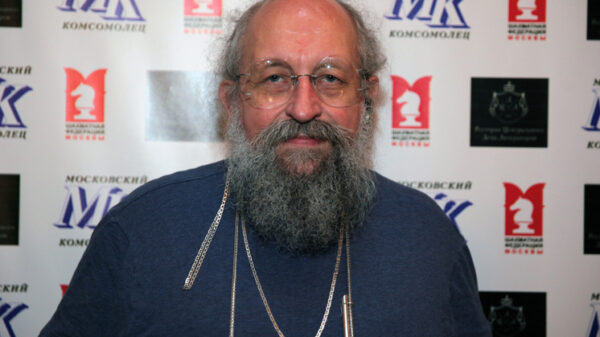




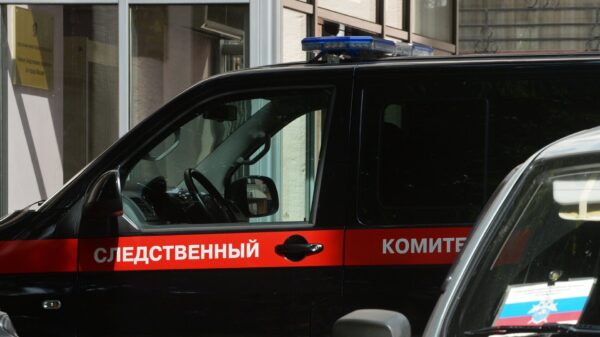





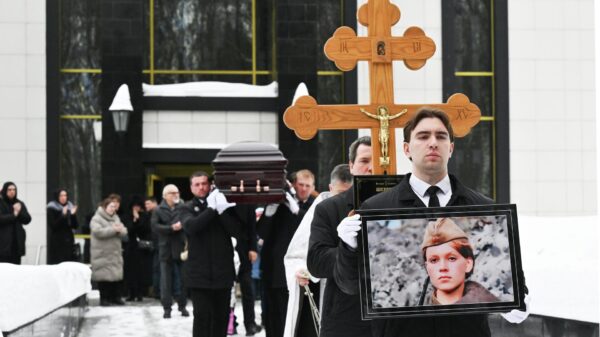



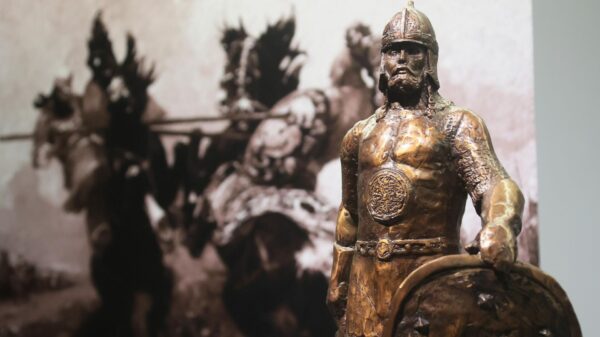









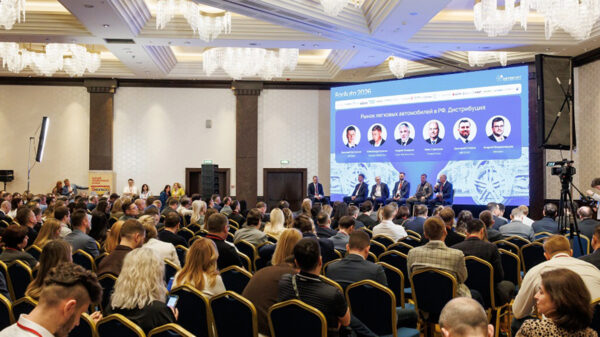






























Свежие комментарии